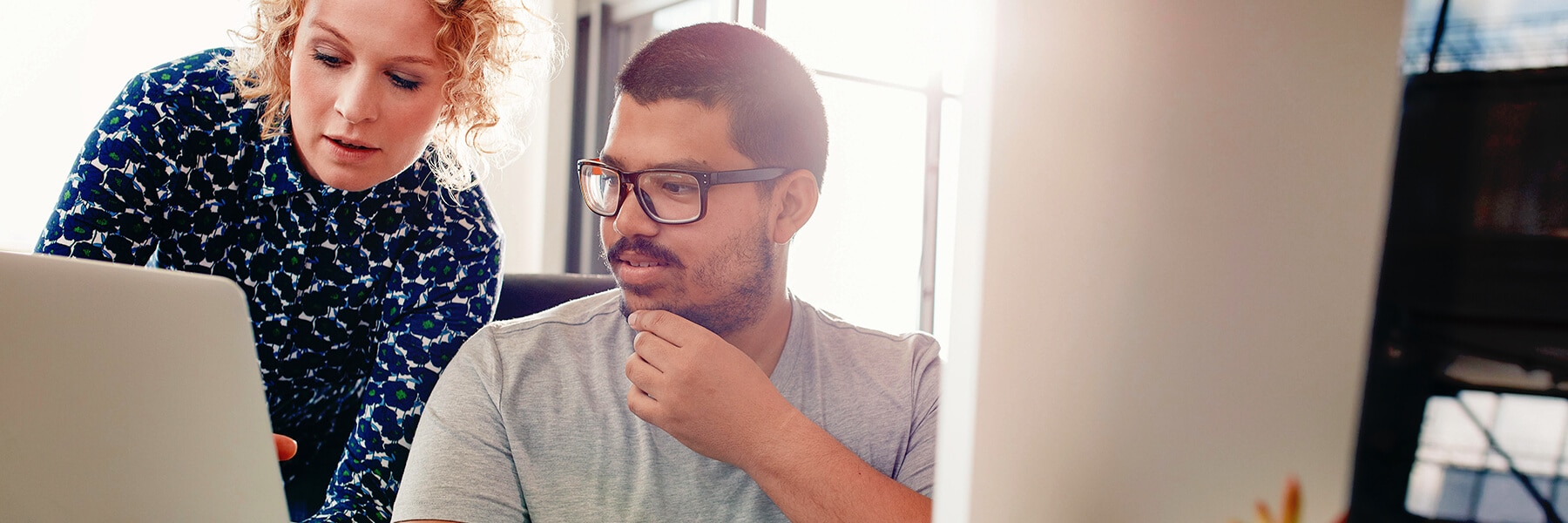About our authors
Norm Christensen is professor emeritus and founding dean of Duke University's Nicholas School of the Environment. A central theme in Norm's career has been ecosystem change from both natural and human causes. Norm has worked on numerous national advisory committees on environmental issues and on the boards of several environmental organizations including Environmental Defense Fund and The Wilderness Society. He is a fellow in the American Association for the Advancement of Science and a fellow and past president of the Ecological Society of America. Norm was the 2017 recipient of the Herbert Stoddard Lifetime Achievement Award from the American Association for Fire Ecology.
This book is very much a product of Norms passion for connecting students with their environment. Norm was honored twice by the Duke University with awards for distinguished undergraduate teaching. He was instrumental in the development of Dukes undergraduate program in environmental science and policy, and he taught the introductory course for this program for over 15 years.
Lissa Leege is a professor of biology and the founding director of the Center for Sustainability at Georgia Southern University. She earned her undergraduate degree in biology from St. Olaf College and received her Ph.D. in plant ecology at Michigan State University. Her ecological research concerns threats to rare plants, including the effects of fire and invasive species on endangered plant populations and communities. She has also conducted 20 years of research on the impacts of invasive pines on the sand dunes of Lake Michigan and the subsequent recovery of this system following invasive species removal. Lissa was instrumental in the development of an Interdisciplinary Concentration in Environmental Sustainability for undergraduates at Georgia Southern. Under her direction, the Center for Sustainability engages the campus and community with annual sustainability celebrations, a sustainability grant program, and a robust speaker series. Lissa is also involved with the environment on a statewide level as a member of the 2013 Class of the Institute for Georgia Environmental Leadership and a founding member of the Georgia Campus Sustainability Network.
Lissa has taught nonmajors environmental biology for 19 years with an emphasis on how students can contribute to environmental solutions. In 2006, she established an Environmental Service Learning project, through which thousands of environmental biology students have engaged in tens of thousands of hours of environmental service in the local community. Lissa has been honored with both college and university service awards and has served as a faculty fellow in Service-Learning. Her contributions to this book have been inspired by her passion for engaging students in positive solutions to environmental problems.
Justin St. Juliana is a lecturer in the Ecology and Evolutionary Biology Department at Cornell University. He received his bachelor's degree in animal ecology at Iowa State University, his master's degree in evolutionary ecology from Ben Gurion University of the Negev (Israel), and his Ph.D. in biology from Indiana State University. Justins research lies at the interface of predator prey interactions, optimal foraging, and stress hormones. His study organisms include rodents, foxes, fleas, owls, snakes, and feral cats. Before taking his position at Cornell University, Justin was an associate professor at Ivy Tech Community College (Terre Haute Campus) in Indiana. While at Ivy Tech he taught at multiple biological levels from microbiology to environmental science. Justin also developed and still administers a statewide online nonmajors biology course taken by thousands of Ivy Tech students every year.
Justin teaches the large mixed majors/nonmajors Ecology and the Environment course at Cornell University. He is very interested in the latest teaching innovations and heavily incorporates active and community-based learning into his courses. Justin believes that scientific concepts can be taught as stories that relate to a student's life. He also extensively utilizes technology to improve student learning outcomes. In addition to being a coauthor, Justin developed the Process of Science, Global Connects, and Focus on Figures activities associated with this book, in Mastering Environmental Science.




